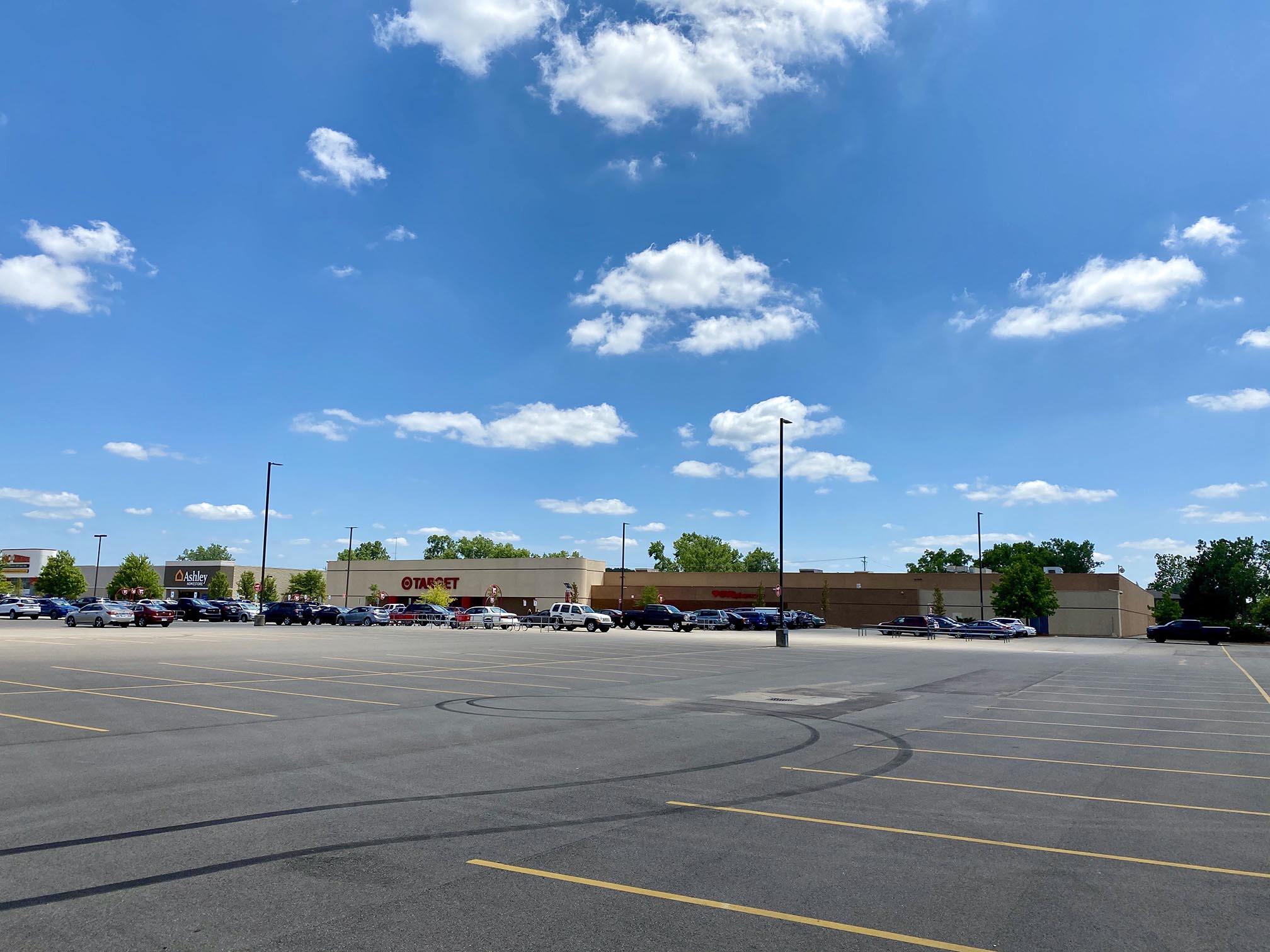My last post, “What Consultants Wished You Knew About the RFP Process,” looked at the Request for Proposal (RFP) process from the consultant’s point of view. In that post, I reference my more than ten years in state government and having sat now on both sides of the table. I’ve been there, I get it. But if you’re a consultant and have never issued a RFP, there are a few things to keep in mind.
The Process is Required and Can Be Cumbersome- Virtually no one likes the RFP process. Not even the people issuing them. They’re likely getting guidance from either a legal department or procurement department and there’s probably a bunch of stuff in the RFP that’s boilerplate that has to be in there. Does it always make sense? No, but that’s what legal or procurement says, so just roll with it. It may not always make sense.
We Don’t Always Know Where/Who to Send the RFP- One of the benefits of the RFP process is that sometimes we get proposals from groups we’ve never heard of. A lot of times that’s a good thing. Depending on the work to be done, we may not know everyone who’s submitting. We will probably post to our website and then an industry website or two and then to maybe the consultants we know. Just because we don’t have an existing relationship with you doesn’t mean we don’t want to see your proposal.
Not Revealing the Budget is Sometimes Political- I went over the whole “revealing the budget” argument in my last post, but for consultants, as much as we hate not knowing the budget, sometimes the people issuing the budgets don’t like it either. That decision is often made above them by a supervisor, board, our council decision. If you decide to not pursue a project because of a lack of information about the budget, try to find a way to politely let them know why. When decision makers learn people aren’t submitting because of the lack of transparency, then maybe it will change.
Pay Attention to the RFP’s Requirements- This seems like a no-brainer, right? It’s not. We acknowledge some of the language is boilerplate but pay close attention to what we’re looking for in the deliverables section and the method of how to submit. Too often consultants will get on a roll writing about what they can do that they ignore what the RFP is actually asking for. Additionally, if there are specific things you need to complete or acknowledge, you better do it. In larger organizations, procurement staff act as gatekeepers. If you don’t complete the basic tasks/acknowledgements/requirements, your proposal may not even be forwarded to the review team.
We’ve Likely Talked to Another Consultant- It would be really hard to understand how much to budget for a service if we didn’t know how much it costs. To figure this out, we usually talk to a consultant or two to figure out a range. The hard part is sometimes we find a consultant we really want to use, but still have to go out for bid because of procurement standards. If you’re thinking sometimes a bid is intended for someone, you might be right. That doesn’t mean we can’t be moved to work with you, but it will be difficult to get us to change our mind.
Sometimes Our Timeline Tells You Something- If we have a short turnaround time to respond to a proposal, either we severely underestimate what it will take to put together the proposal or we already know who we want to work with and giving you a shorter timeline makes it harder for you to put together a good proposal. Either way, this is a red flag.
Reviewing Proposals Always Takes Longer Than You Think- Even we’re too optimistic sometimes. And just because you’ve obsessed about this proposal for the last two weeks doesn’t mean we can’t wait to read it. It’s in the pile and we’ll get to it prior to whenever our review meeting is scheduled. It’s one of many things we’re working on. Be patient. We’ll get to it.
We May Not Know Exactly What We Want – We likely won’t admit this. But when I was on the other side of the table, I almost always hoped we put a decent framework in place, and someone would take it and flesh it out and build on to offer more than I thought we would get. Don’t be afraid to put a little extra in if you can.
Proof Your Proposal- You’d be shocked at the typos and “copy and paste” from previous proposals we see. If you have serious typos, you’re out. Grammar and punctuation count. If you use something from a different proposal for someone else and don’t catch all the changes in the name, you’re probably out. Your proposal should be your absolute best foot forward. If you botch this part, you’ll probably botch the job too.
You’ve Responded to More RFPs Than We’ve Issued- Something for all consultants to remember is that you’ve likely submitted way more proposals than the average RFP issuer has issued. You’re more of the RFP expert than they are. It’s ok. There’s an expectation you know what the hell you’re doing. You’re the consultant, right? Remember there’s a likelihood they don’t know exactly what they’re doing, not out of ignorance, but out of inexperience with the RFP process. Be patient and ask questions.
Hopefully this helps consultants understand the process a little better from the other side. Understanding what the other side goes through can help create a better environment for an imperfect system.
Joe Borgstrom is a principal with Place + Main Advisors, LLC. Place + Main specializes in Place-Driven Economic Development + Destination Storytelling






